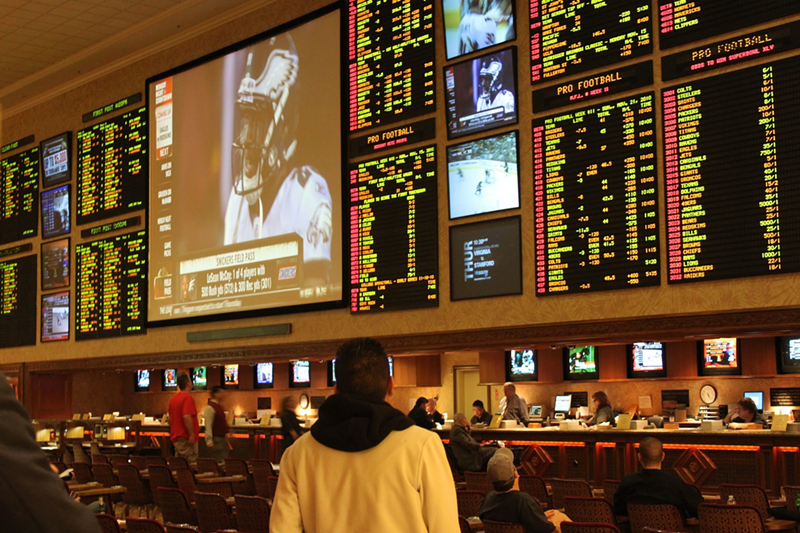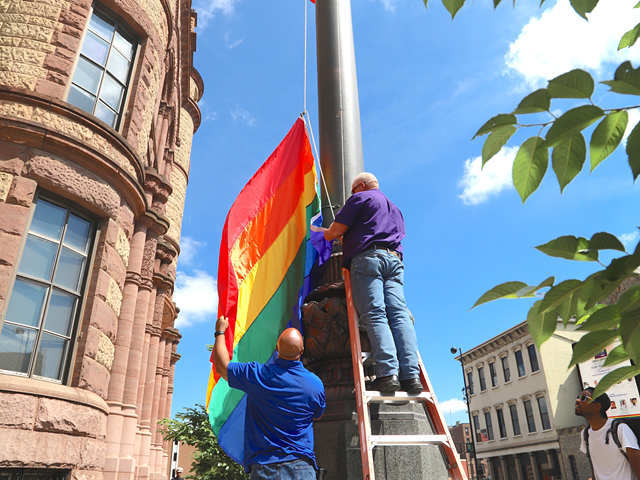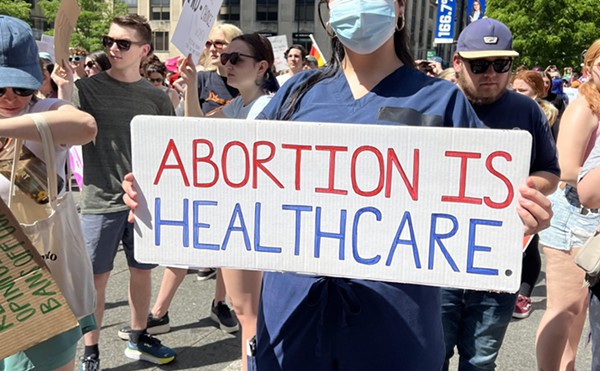Roughly a year and a half after the U.S. Supreme Court overturned a federal law against sports betting and ruled that the question should be left up to individual states, Ohio lawmakers are mulling two bills that would make betting on sporting events legal.
Now, the debate among lawmakers is about who will regulate the industry and exactly what kinds of betting will be legalized, among other details.
That debate is embodied in the two competing bills currently making their way through the statehouse. House Bill 194, introduced in April and co-sponsored by Cincinnati Democrat State Rep. Brigid Kelly and Westlake Republican State Rep. Dave Greenspan, would place control of sports betting under the Ohio Lottery Commission but would delegate any investigations into the industry to the Ohio Casino Commission.
Senate Bill 111, meanwhile, would give the casino commission full control.
HB194 would also earmark the proceeds of a 10-percent tax on sports betting for public education and efforts to fight gambling addiction.
Proponents of legalizing the industry argue that Ohio is missing out on that tax while other states take advantage. Last month, Indiana launched its sports betting program, becoming the 15th state in the nation to do so. Casino industry group the American Gaming Association estimates that currently-illegal sports betting generates as much as $5 billion a year in Ohio — part of a $150 billion industry nationwide.
The group representing universities in the state, the Inter-University Council of Ohio, has asked that collegiate sports be left out of the legalization, arguing that it could increase temptations for student-athletes to accept payment to sway the outcomes of some events and could lead to greater gambling problems on college campuses.
Previous amendments to the House's bill clarified that betting on primary and secondary school sporting events — i.e. high school and younger — would not be legalized.
There is still some debate about where gambling would be allowed under the House bill — past amendments narrowed it down to casinos, racinos and fraternal organizations, though the bowling industry has also argued for its inclusion in House committee meetings. Gambling via devices like smartphones could also be permitted in the future under the current version of the legislation.
Some opponents of legalizing gambling have told members of the Ohio House that they view the industry as "predatory" and "rigged" against consumers.
“There is a faulty assumption surrounding commercialized gambling and it has led to very bad outcomes for the American people,” Stop Predatory Gambling director Les Bernal told the House Finance Committee recently. “It is a false perception that gambling is just like any other business.”
But proponents of legalization say that gambling is already happening, and that the state should legalize it so it can better regulate it.
Despite objections from anti-gambling groups, Ohio Gov. Mike DeWine has indicated he supports legalizing sports betting.
But the issue could face challenging prospects in the Senate. Despite being introduced in March, the Senate bill won't get a committee hearing until Oct. 29. Senate President Larry Obhof has expressed concerns about expanding gambling in Ohio.






